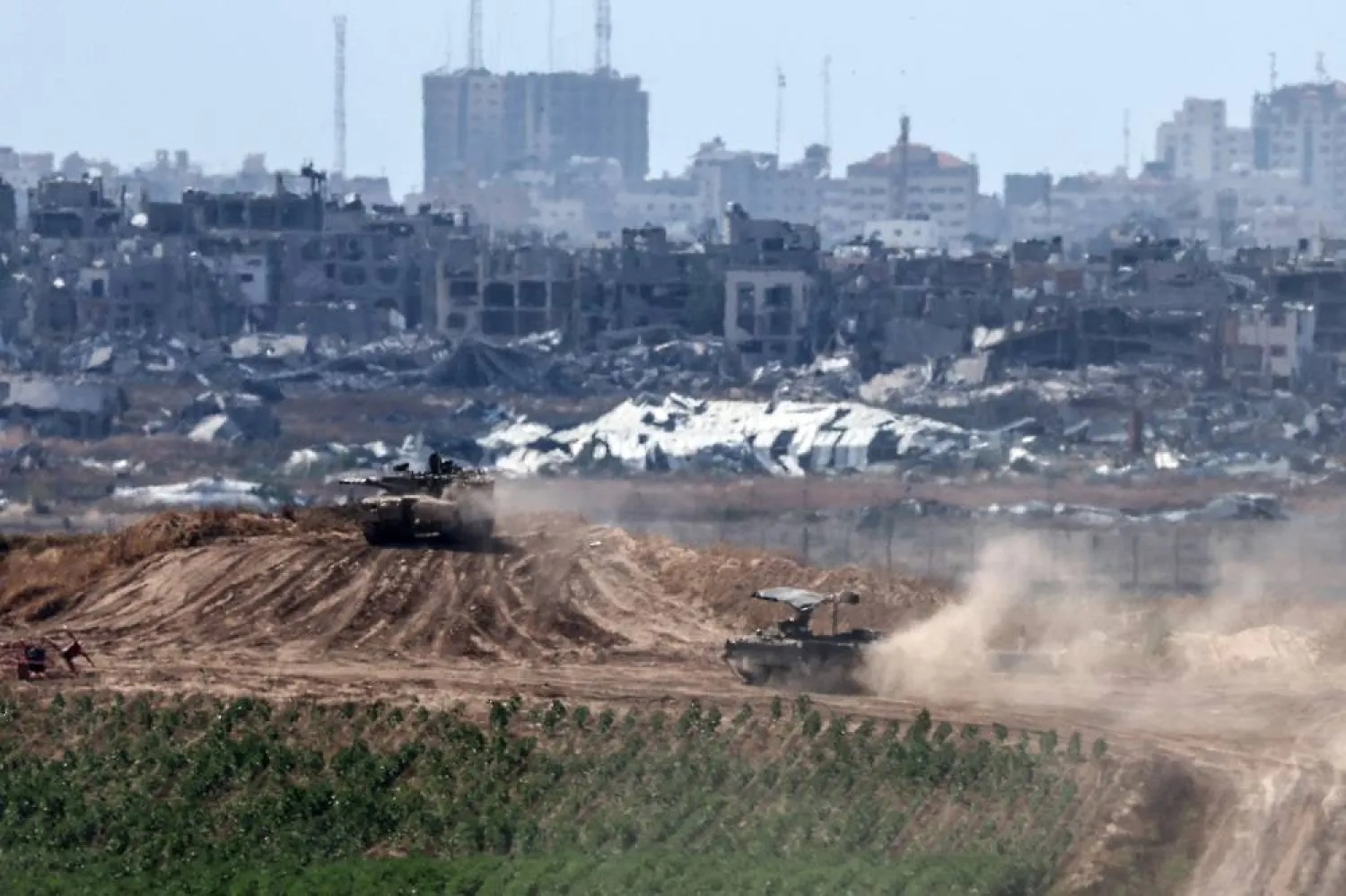A former US military intelligence official released a letter on Monday that explained to his colleagues at the Defense Intelligence Agency (DIA) that his November resignation was in fact due to "moral injury" stemming from US support for Israel's war in Gaza and the harm caused to Palestinians.
Harrison Mann, an Army major, would be the first known DIA official to quit over US support to Israel. A US airman fatally set himself on fire in February outside Israel's embassy in Washington and other military personnel have protested.
Mann said he kept quiet about his motives for resigning for months out of fear.
"I was afraid. Afraid of violating our professional norms. Afraid of disappointing officers I respect. Afraid you would feel betrayed. I'm sure some of you will feel that way reading this," Mann wrote in a letter shared with colleagues last month and published on his LinkedIn profile on Monday.
A DIA official confirmed to Reuters that Mann worked at the agency.
"Employee resignations are a routine occurrence at DIA as they are at other employers, and employees resign their positions for any number of reasons and motivations," the official said, without elaborating.
Mann's case differs from other US government officials, including several State Department officials, who publicly deplored US policy as they resigned rather than waiting months to explain their departure.
Man said he felt shame and guilt for helping advance US policy that he said contributed to the mass killing of Palestinians.
"At some point — whatever the justification — you're either advancing a policy that enables the mass starvation of children, or you're not," Mann wrote.
Israel is retaliating against Hamas over an Oct. 7 attack in which Israel says the militants killed about 1,200 people and took more than 250 people hostage.
More than 35,000 Palestinians have been killed and 78,827 injured in Israel's military offensive on Gaza, according to the Gaza health ministry. There has been increasing concern about the lack of humanitarian aid allowed into Gaza by Israel, and growing US and international warnings about the risk of famine.
The high death toll has fueled pro-Palestinian protests that have swept college campuses across the United States and pushed Democrats in key battleground states to vote "uncommitted" to signal their unhappiness ahead of this year's presidential election.
President Joe Biden, a staunch supporter of Israel, put a hold on one package of arms, in a major policy shift that became public last week, and his administration said the US was reviewing others.
The Biden administration on Friday said Israel's use of US-supplied weapons may have violated international humanitarian law during its military operation in Gaza, in its strongest criticism to date of Israel.









